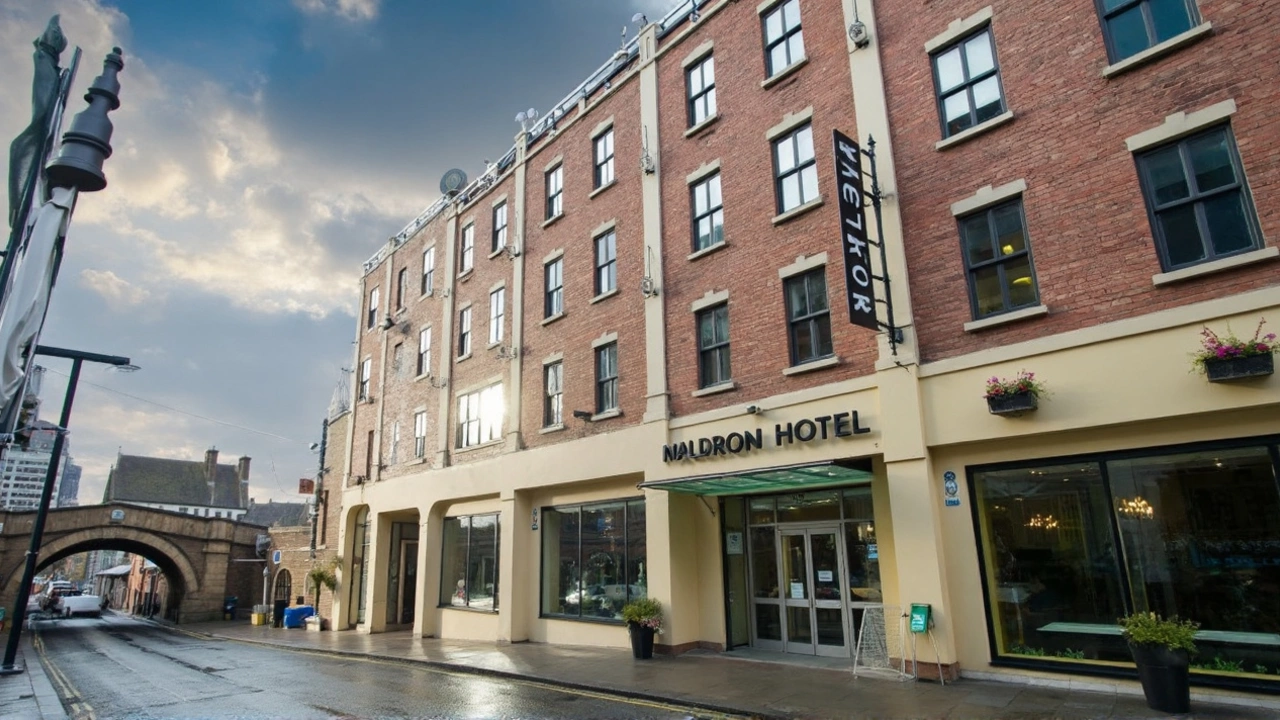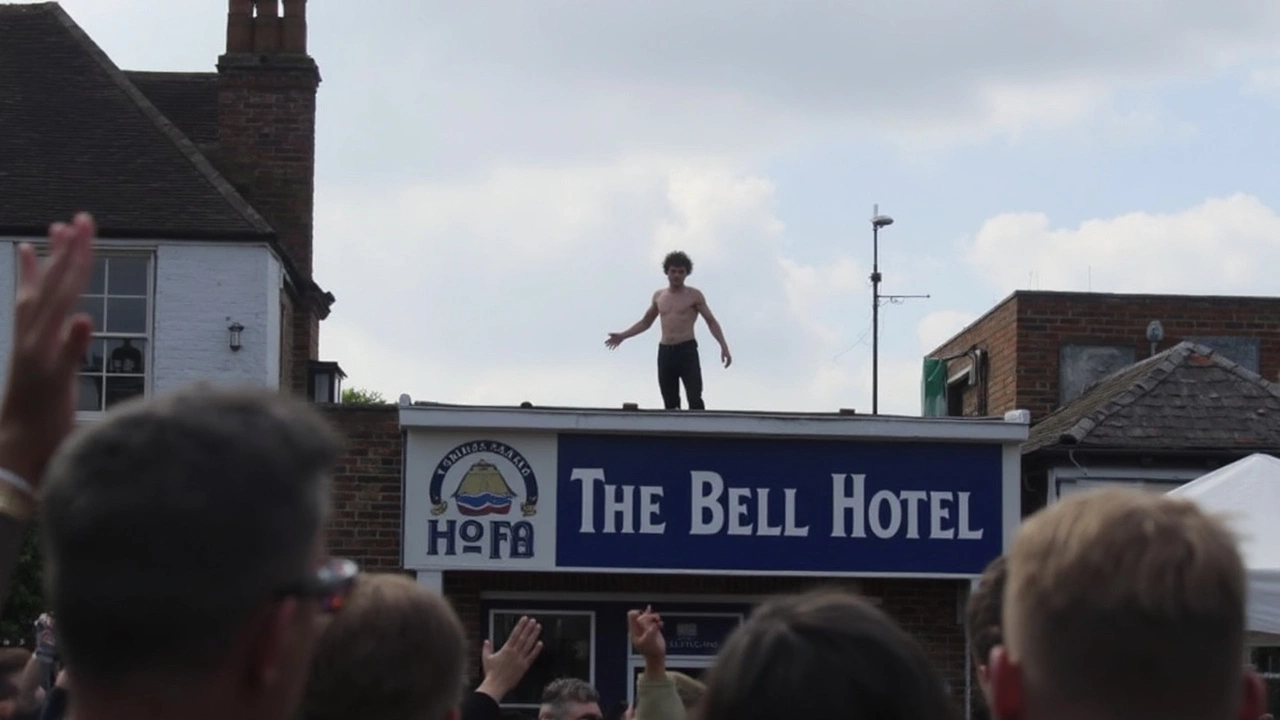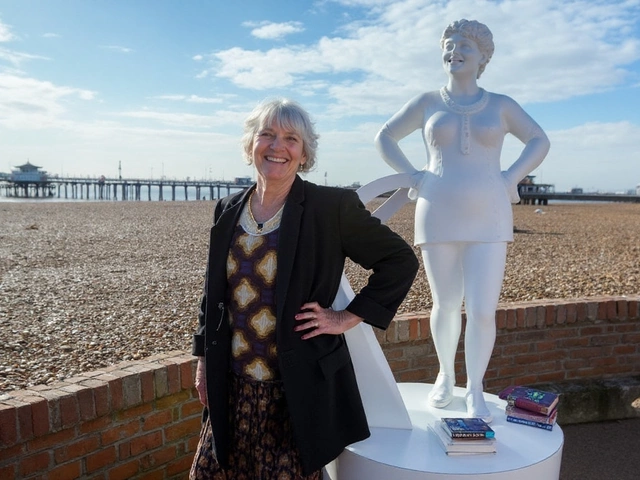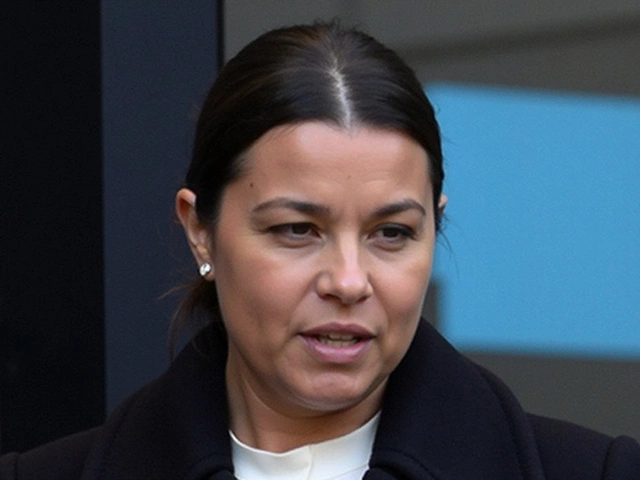Bell Hotel Unrest: How a Protest Against Asylum Seekers Turned Violent
Tensions exploded outside the quiet facade of the Bell Hotel in Epping on July 15 and 16, 2025, as a protest against asylum seekers spiraled into chaos. What started as a demonstration fueled by fresh sexual assault allegations against an asylum seeker housed at the hotel quickly drew in both anti-immigration groups and those rallying against racism. Their heated shouting matches, signs, and chants soon took a dark turn.
The spark came when rumors about the alleged crime began circulating on social media. Word spread quickly, bringing out large crowds. On one side were people demanding stricter immigration controls, incensed by the idea that asylum seekers might pose a risk to local safety. On the other were anti-racism activists, determined not to let an individual case justify hostility toward all migrants. This standoff didn’t stay peaceful for long.
By dusk, chants had been replaced by shoving and insults. Tensions peaked when small groups on both sides started throwing bottles and other objects. Skirmishes broke out with several people punching and kicking amid overturned barriers. Witnesses reported windows smashed in nearby stores and cars damaged in the fray. The scene, reminiscent of other recent high-profile protests across the UK, left many local residents on edge as chaos unfolded just outside their doors.
Police scrambled to contain the violence, forming cordons between groups and deploying additional officers across the hotel’s vicinity. Reports emerged of several arrests and at least a dozen minor injuries. Emergency services had to treat people on the scene, and officers worked through the night to restore order and secure the area. The following morning saw a heavy police presence and visible damage—a stark aftermath of the night’s events.

Splintered Communities and the Ongoing Debate Over Immigration
This incident in Epping shines a glaring light on the divisiveness surrounding the UK’s asylum system. For locals, the Bell Hotel has become more than just a landmark—it’s the epicenter of a bitter debate reaching far beyond Epping. Some residents blame the government’s dispersal policy for putting pressure on towns unprepared to handle sudden influxes of people. Others see the uproar as an excuse for far-right groups to stoke fear and resentment. Both views played out in grim detail that July night.
The police have urged calm but acknowledge that long-standing suspicions and economic insecurities fuel much of the anger. Politicians and community leaders are now facing renewed calls for both tougher immigration enforcement and better support for migrants. Many supporters of asylum seekers argue that sensational incidents should not paint everyone with the same brush.
In the days that followed, local businesses boarded up windows still waiting for repairs, and community meetings drew record crowds. People are asking tough questions: Did authorities do enough to prevent violence? Is the government’s asylum process failing both refugees and host communities? How can towns like Epping rebuild trust after such a public, violent rift?
The Epping protest marks just the latest flashpoint in the UK’s ongoing immigration debate, showing how quickly fear and anger can turn the issue from policy to street-level confrontation. What will linger is a town left to pick up the pieces and a nation still searching for answers.





